Recently The Atlantic posted in article on the Religion of Workism and whether it was making Americans miserable. It particularly targets high income men as being positioned to having to work extensively longer hours than before. The notion is that the workplace has become the “centerpiece of one’s identity and life’s purpose; and the belief that any policy to promote human welfare must always encourage more work.”
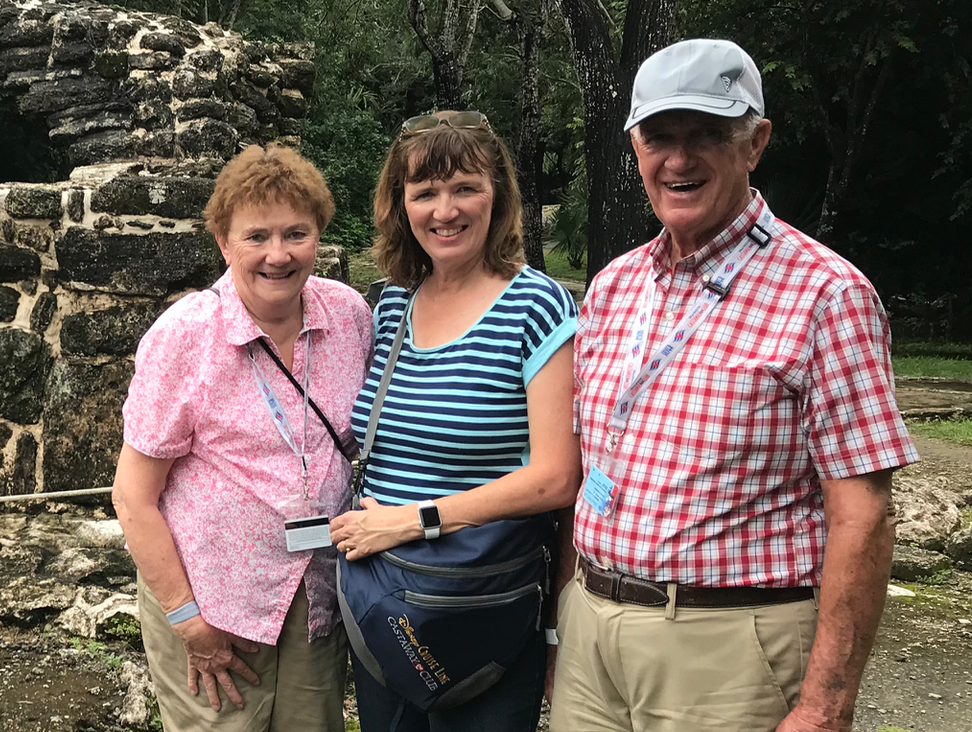
My own father was a banker, starting one of the first branches of the Valley National Bank in Arizona. He had a good job, and was well-connected in the community. Still, it came with working Saturday mornings, and staying late at night occasionally until every cent was accounted for. Did I mention the occasional bank robbery? That’s another story.
When offered he took retirement early and became a realtor. It allowed him the opportunity to not only network, but gave him the flexibility of his own hours, not generally enjoyed by most back in the 1970s. I have great memories of summer vacations and spending time with him–even getting paid to clean his office and mow the yards he rented. But there were economic ups and downs in the real estate market, and when he passed away at an early age, he had really little financially to his name. Work exacted a cost on him, only in a different way. But I don’t think he would have done it differently.
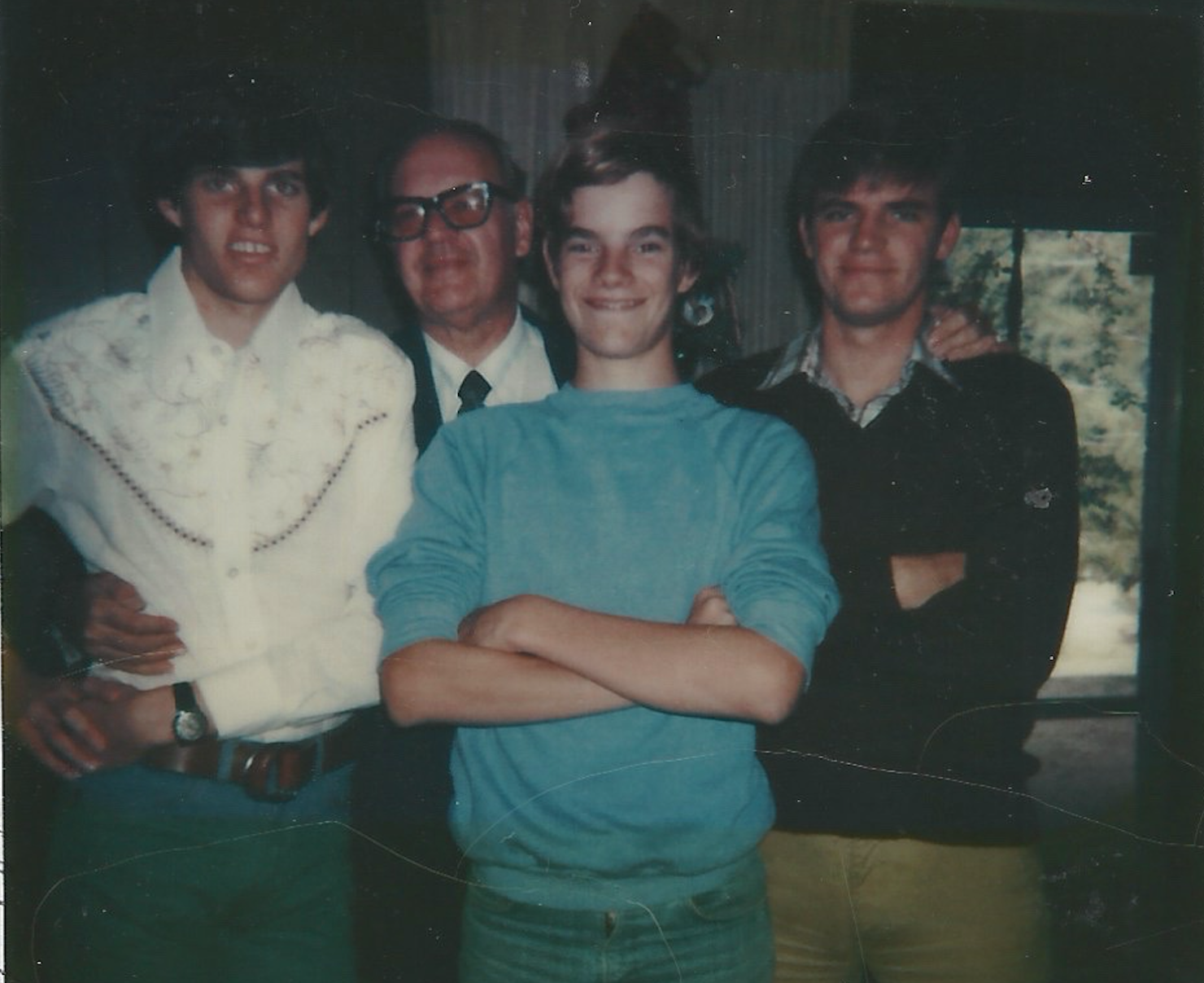
I should have learned from that experience, since I have spent the last 20 years as a consultant, feeling the roller coaster of good times and bad. I’ve been fortunate in that I am able to combine a love and interest of mine–Disney–in much of my work. In this sense, I am guilty of what the article refers to as making your work your play. So I get to take my wife and children to the Disney parks, enjoy time with them, grab some photos, check out the latest and greatest, and fold it into my work and writings–all the while tweeting and Facebooking what I do to make the connection back to my work. I have been enormously blessed to do so, but even that comes with a price. At times the lines really do get blurred. No day is ever 8-5.
Another challenge is that I have a spouse who is at home. Perhaps that model comes from an earlier generation where mothers were at home. Of our choosing, we had six children, and that definitely demanded someone being available. That required my working harder–and smarter–to put bread on the table. In doing so, I think I challenged myself in ways I never would have if I had been some single guy with no commitments to keep.
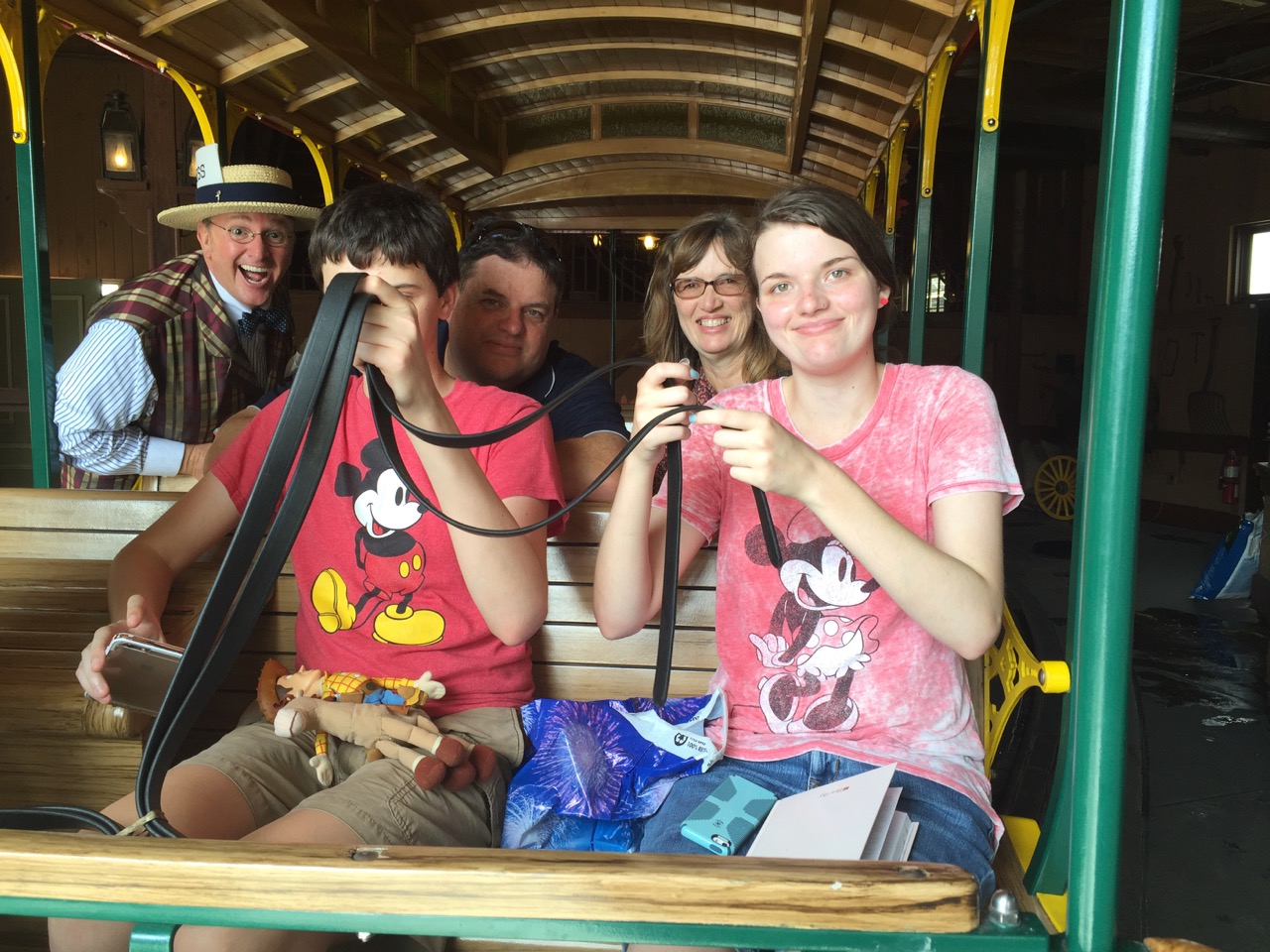
The current challenge is that our youngest two children have autism. My wife, who could easily find work–and do it well, is still home laboring tirelessly to meet their needs, while I find myself, worrying over how to create enough finance footing through retirement to care for not just us as a couple, but for our youngest two as well.
Still, we wouldn’t have changed a thing. Our youngest children keep us young, and bring insight and delight into our world. And as for my wife, yes she hasn’t carved a niche for herself in the workplace. But she has made a more lasting contribution to her family and community. We are blessed, but blessed with challenges like any family. We have created priorities, but even the best priorities come at a price.
When I created my company, I titled it Performance Journeys. The company logo is a clock and compass compacted into one image. It’s a reminder that it’s as much about the journey as it is about the performance. In truth, isn’t that really where we find ourselves in life, no matter what our role or situation.
Here are some points to consider:
- What we value is what we make time for.
- It is our value system that makes us miserable–not our schedules.
- Your best well-meaning priorities still come at a price.
- In work, one can find meaning, but one shouldn’t depend on ultimately finding the meaning of life in it.
- No matter what you do, you need to find meaning as well outside of work.
- In work, one can find excuses to check out of everything else that should matter.
- Enjoy here while you are here, because there is no here…there.
Whether it’s the agrarian age, the industrial age, or the information age, there’s still work involved, even when it makes new requirements of us and exacts new tolls. But remember the journey as well, as it is what will ultimately offer meaning.
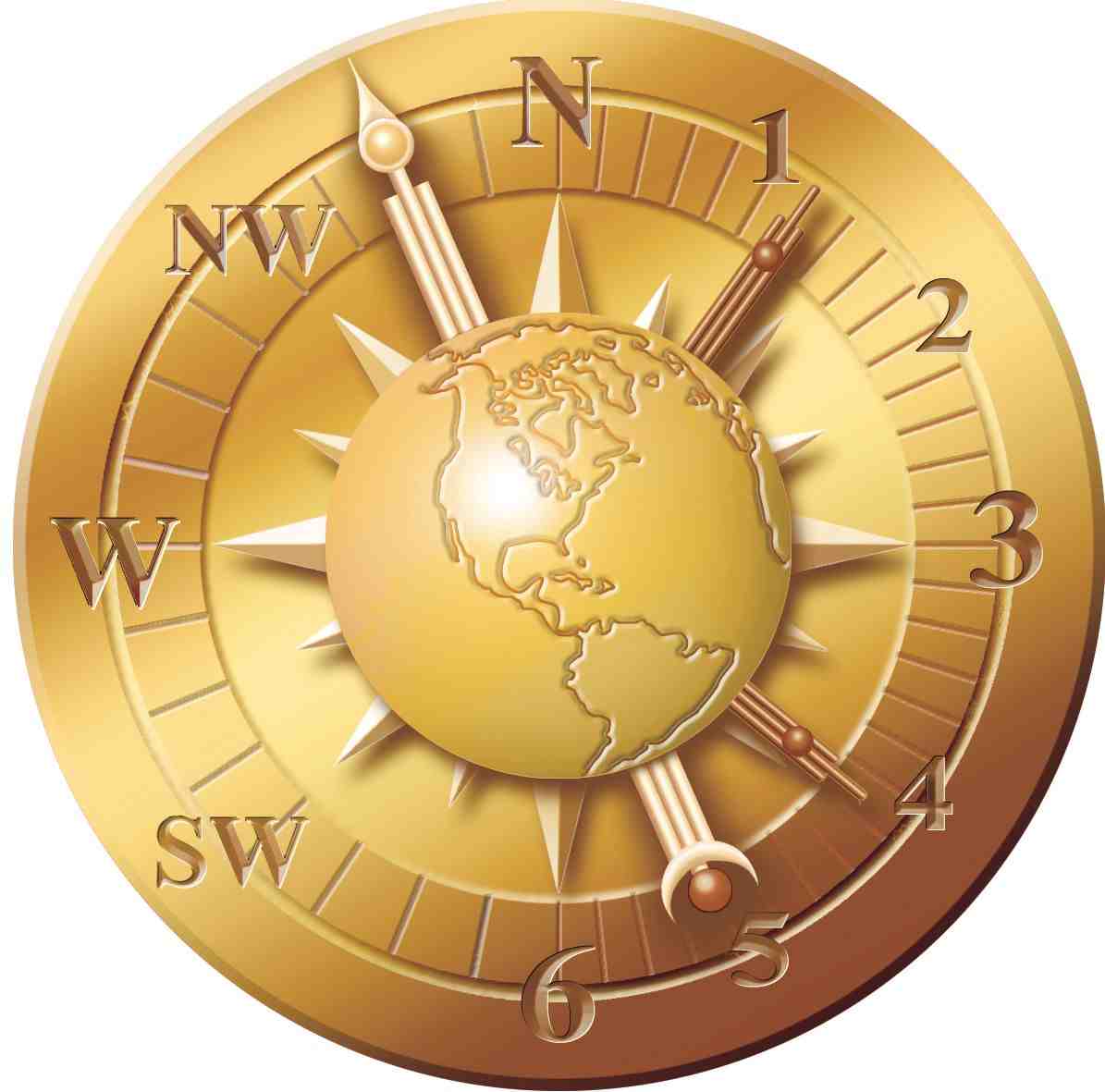
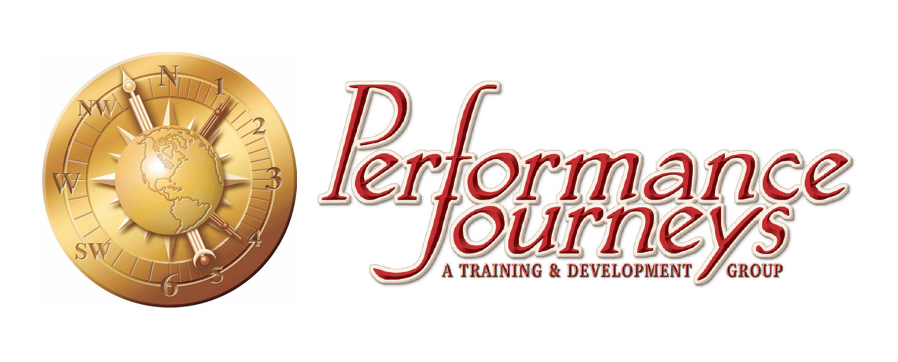
Comments are closed.